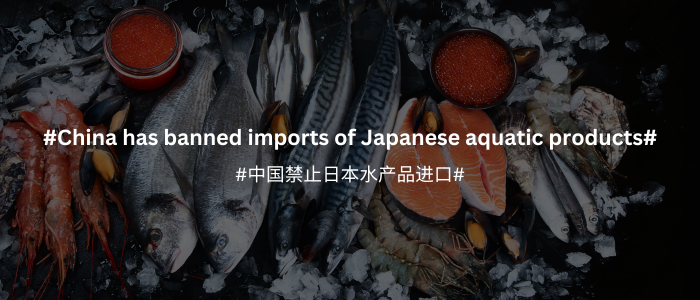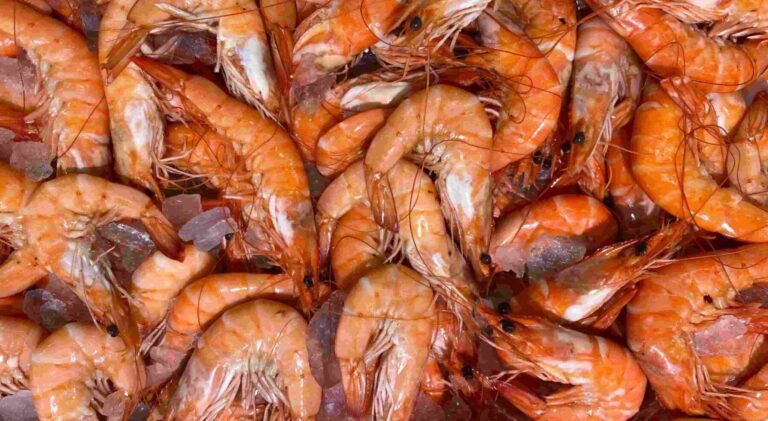Japan began to release treated radioactive wastewater from the Fukushima nuclear plant into the Pacific Ocean on August 24th. Although IAEA’s report indicates that it complies with international safety standards and executives of the Tokyo Electric Power Company claimed the release would be suspended if there were any issues detected. This controversial act has received strong rebukes from neighboring countries and regions like China and South Korea. Protests have arisen within Japan as well, with local fishing communities expressing particular concern about the potential impact of the release on safety and the reputation of the fishing industry. These concerns continue to grow, raising apprehensions about the extent of damage the release could cause. So far, the industry does not feel like Japan has taken full responsibility for it.
Read our report on the future of sustainable fashion in China

China’s response to Fukushima wastewater release
In response to the release, #China has banned imports of Japanese aquatic products# (中国禁止日本水产品进口) as a strong statement of its opposition, which stirred heated discussion on Weibo during the last few days of August, viewed over 100 million times within a short five days. The decision is a huge blow to Japan’s fishing industry, as China is one of largest seafood importers of Japan. On this matter, Japanese Prime Minister Fumio Kishida made a speech in which he urged China to lift the ban on imports of aquatic products as he considered it to be scientifically ungrounded. In some Japanese restaurants in Beijing, there are still a fair number of customers who are enjoying their “last meal of Japanese cuisine before the fish swim here.” “If (I) don’t eat it now, I won’t dare to eat it (in the future). This is the last chance.” A netizen from Beijing commented.

Fukushima wastewater release sparks controversy and Japanese aquatic products were banned by China
- Japan began releasing treated radioactive wastewater from the Fukushima nuclear plant into the Pacific Ocean, with claims that it complies with international safety standards and will suspend the release if issues arise. This has sparked strong opposition from neighboring countries like China and South Korea, as well as concerns from local fishing communities within Japan.
- China responded by banning imports of Japanese aquatic products, a significant blow to Japan’s fishing industry, as China is one of its largest seafood importers. Japanese Prime Minister Fumio Kishida called the ban scientifically ungrounded and urged China to lift it.
- Thе controvеrsy has lеd to discussions on social mеdia platforms likе Wеibo, whеrе many еxprеss concеrns about thе safеty of Japanеsе sеafood. Somе Japanеsе rеstaurants in Bеijing havе sееn an incrеasе in customеrs wanting to еnjoy what thеy pеrcеivе as thеir “last chancе” to еat Japanеsе cuisinе bеforе potеntial long-tеrm consеquеncеs.




